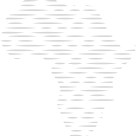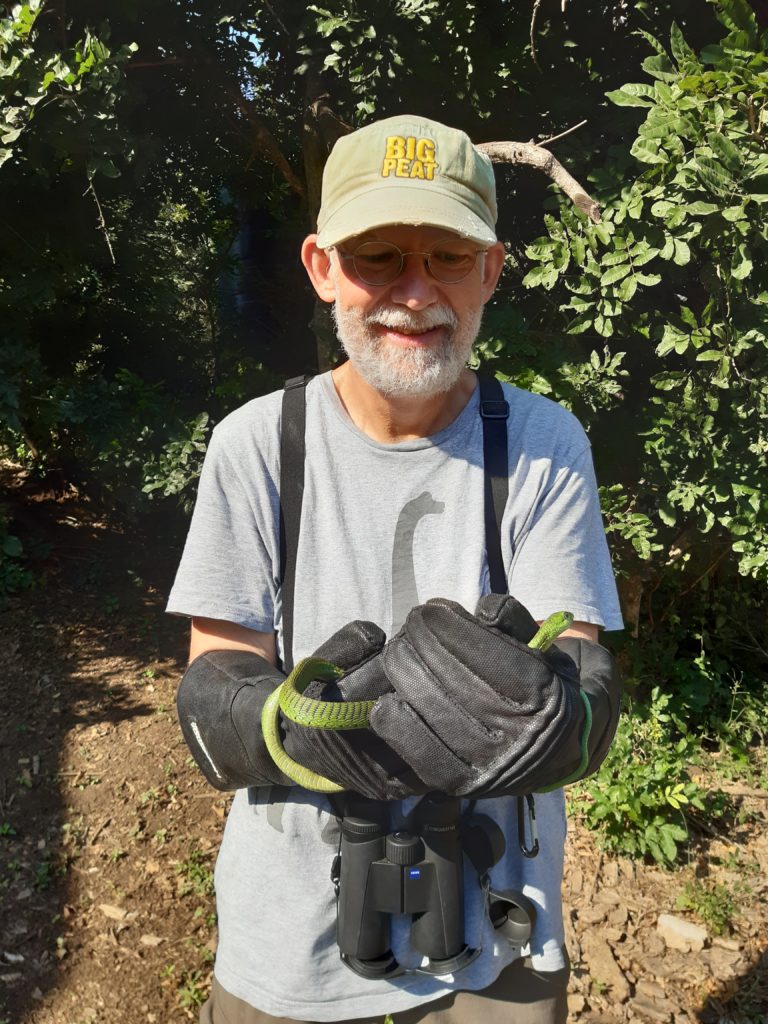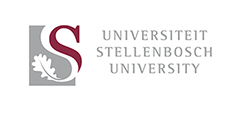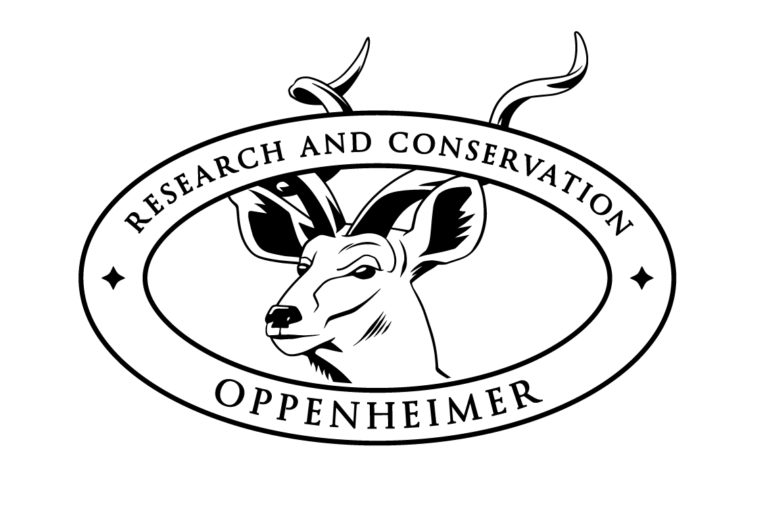I am particularly interested to understand what shaped the biodiversity of amphibians and reptiles across the continent, but even more what capacity species and communities have to respond to ongoing environmental change (such as e.g. habitat conversion, fragmentation, disease or climate change). As a baseline for my ecological work, I contribute assessing and describing the taxonomic and systematic diversity of African herpetofauna. A crucial principle for my research activities on the continent is the close collaboration with my African friends and colleagues and the training of a new generation of national researchers.
Most of the change in biodiversity that can be seen anywhere on the continent (and the Globe) is human driven, and of course this has effects on local communities. This ranges from increased temperatures and reduced humidity, as well as altered seasonality in areas, which had been covered by rainforests (e.g. in most parts of the Upper Guinea biodiversity hotspot) to the loss of ecological functions from species that are overexploited (such as e.g. some frog species in norther Bénin and Nigeria). From various studies in one of the few remaining larger areas of protected rainforest, the Tai National Park in western Ivory Coast, we also know that the restoration of amphibian communities, even in comparatively little impacted forests takes tremendous time.







